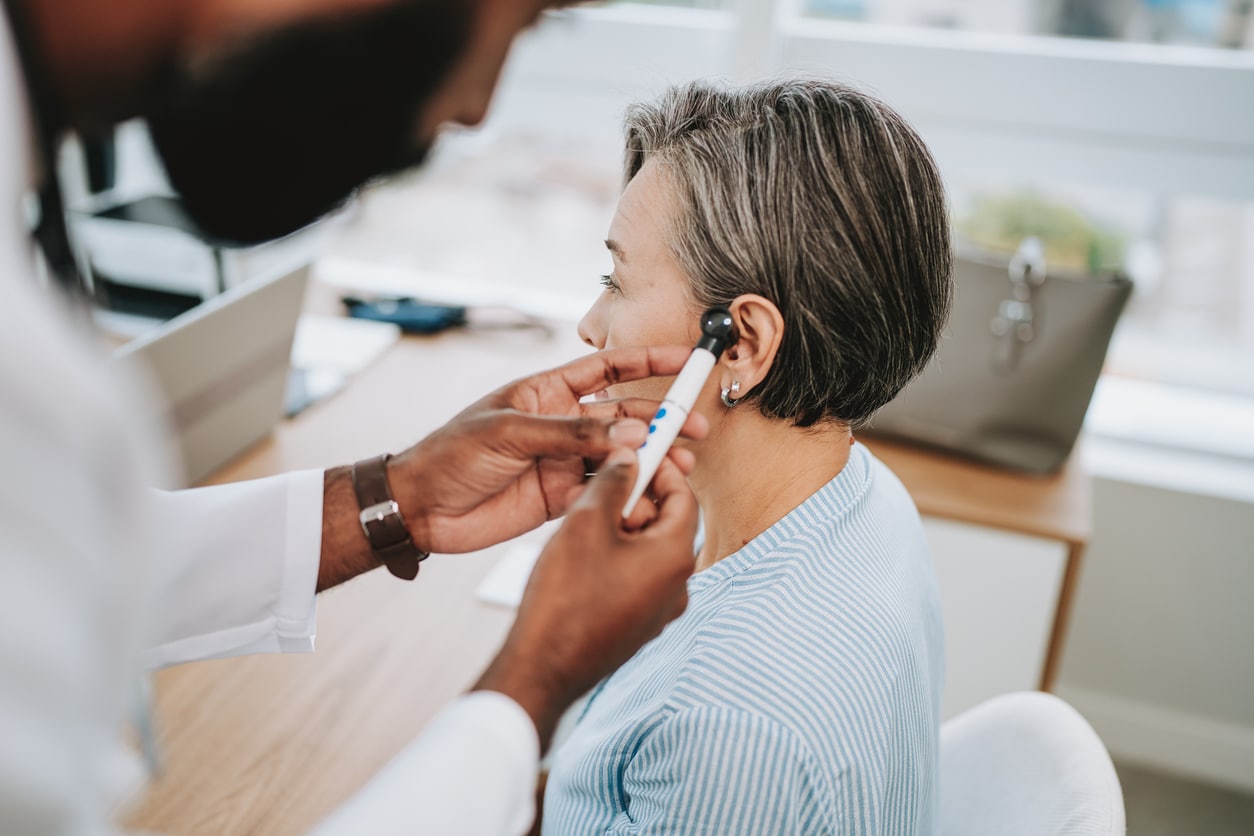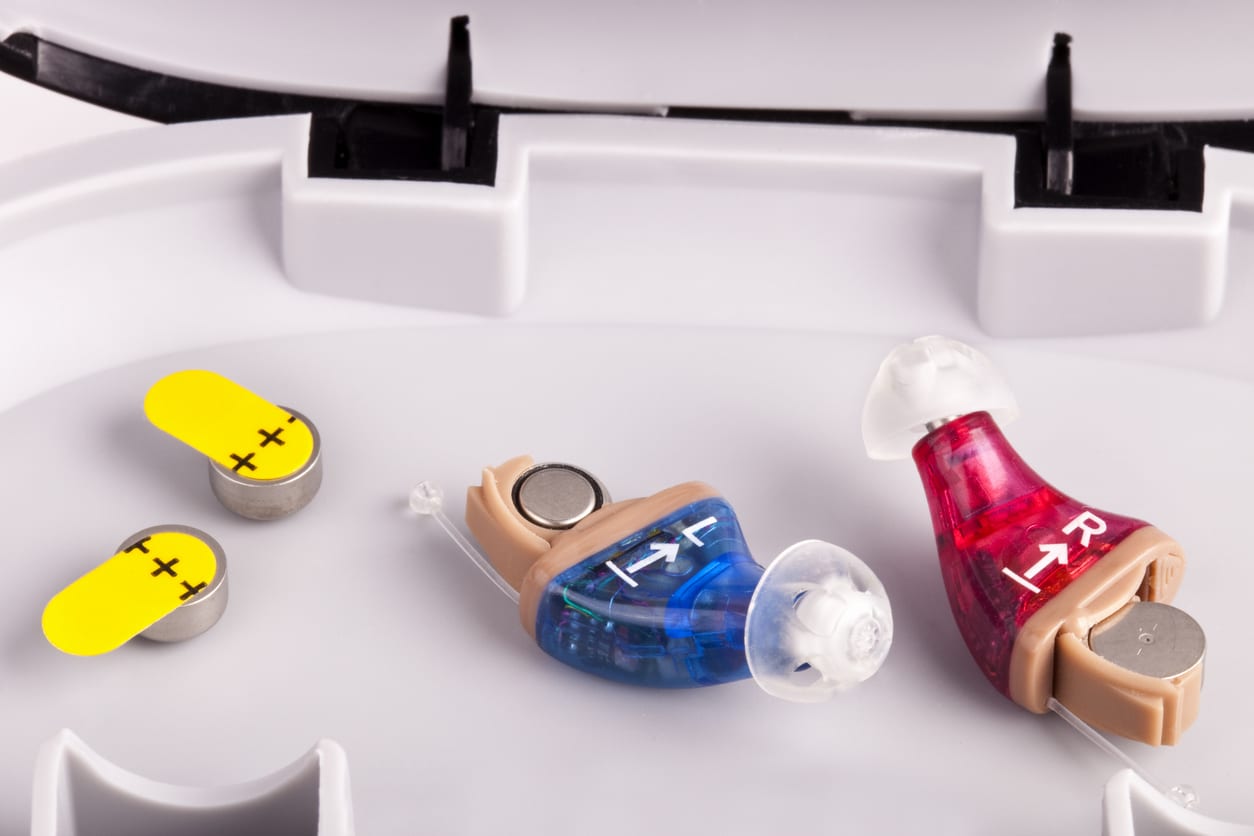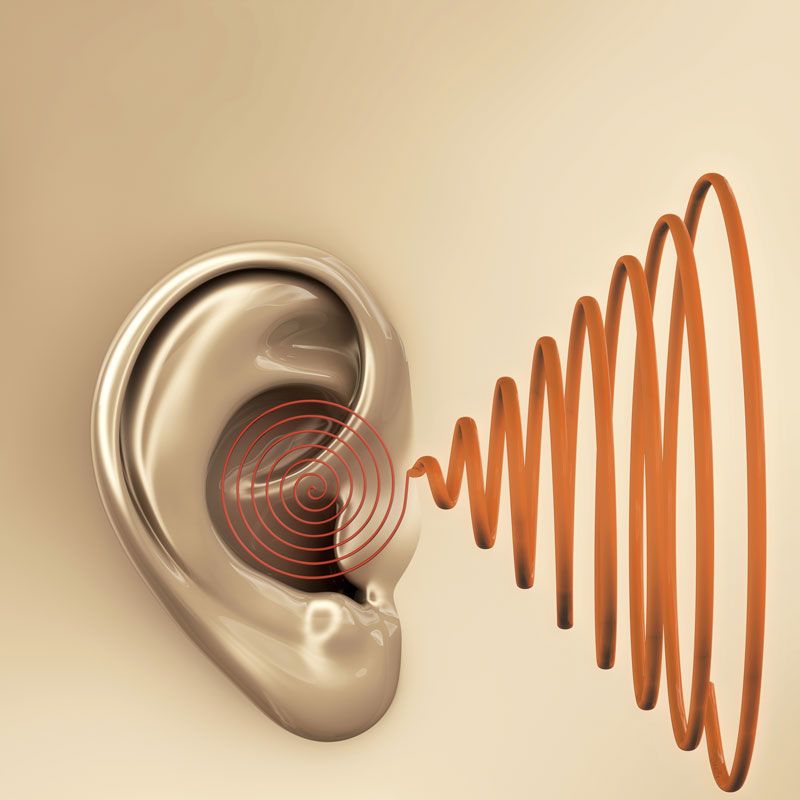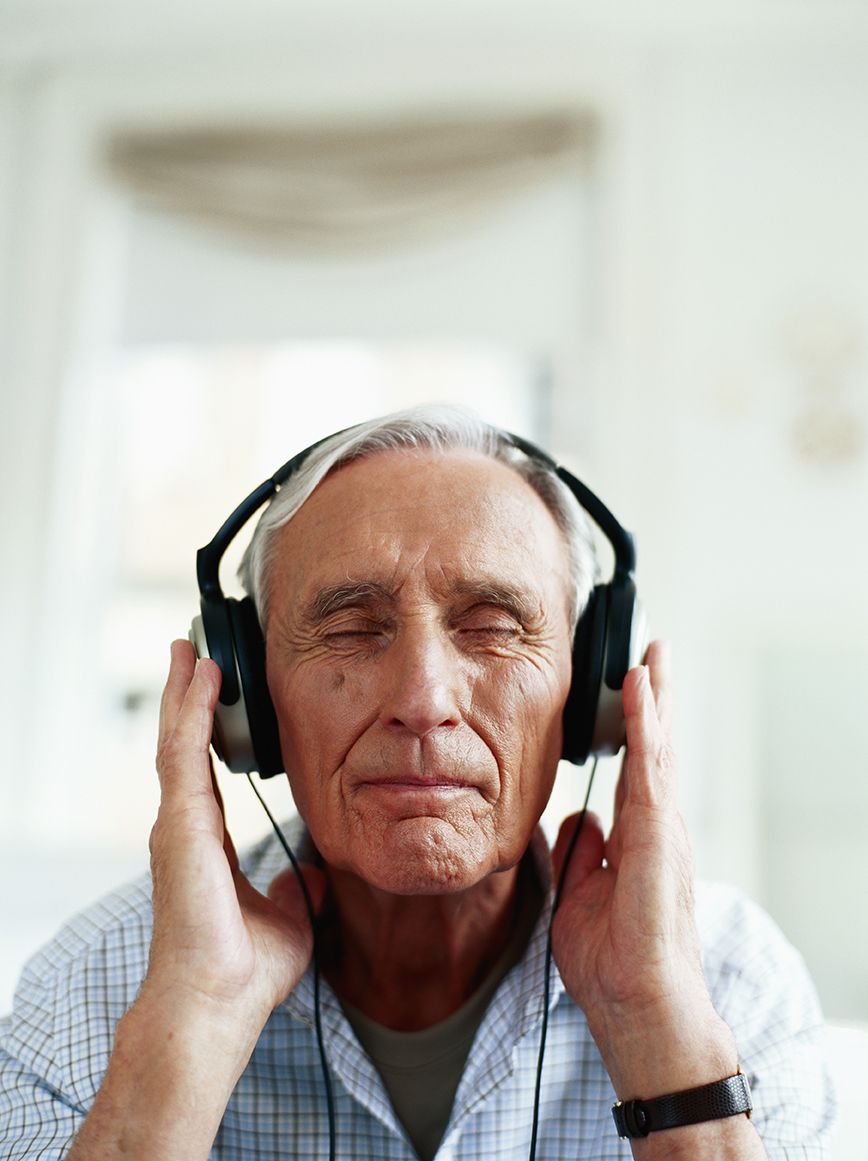-
Conductive Hearing Loss: What Is It and Why Does It Happen?
Hearing loss falls into three camps: sensorineural (inner ear), conductive (middle and outer ear) and mixed (inner, middle and outer ear). While inner ear hearing loss is permanent, many conductive cases have treatable underlying conditions.…
-
Spring Into Adventure: Hearing Aid Tips for Safe and Fun Outdoor Activities
Spring is here, and that means fun spring adventures in the great outdoors. Whether you’re heading out for a scenic bike ride, stretching it out with yoga in the park or teeing off at the…
-
Your Guide to Invisible Hearing Aids
Hearing aids come in many shapes and sizes. You can choose from behind-the-ear, visible-in-the-ear or even invisible-in-the-ear options. To help you choose, let’s look at the benefits and challenges of invisible hearing aids and how…
-
Job Interview Tips for if You Have Hearing Loss
If you’re one of the 15% of American adults (37.5 million) aged 18 and over who report some trouble hearing (National Institute on Deafness and Other Communication Disorders), you may have some extra jitters leading…
-
How to Make the Most of a Hotel Stay with Hearing Loss
If you’re making travel plans for this spring or summer, you’re probably looking into booking a hotel room at your destination. But if you’re one of the 7.1% of adults ages 45 and older who…
-
How to Help Your Grandchildren Understand Your Hearing Aids
The Centers for Disease Control and Prevention (CDC) reports, “Among adults aged 45 and over, hearing difficulties increased with age among men and women.” If you’re among this age group and wear hearing aids, you…
-
Communication Strategies
Communicating with a person who has a hearing loss can be stressful for both parties. Even when hearing devices are used, proper communication strategies are essential for maximizing the experience. Try the following tips when communicating…
-
Hearing Loss Prevention
Noise exposure is a leading cause of hearing loss. It usually develops gradually and may go unnoticed until it has progressed to a point where treatment options are limited. There are steps you can take now to…
-
Healthy Hearing Tips
As the field of audiology rapidly advances, the significance of healthy hearing becomes more and more evident. Scientists are gaining a deeper understanding of audiological medicine, the underlying causes of hearing loss and the widespread effects hearing loss can…
-
Hearing Loss Fact vs. Myth
When it comes to hearing loss, a number of myths persist that reflect either antiquated beliefs or outdated technology. The truth is, today’s hearing devices are smaller than ever and packed with features that will complement…









